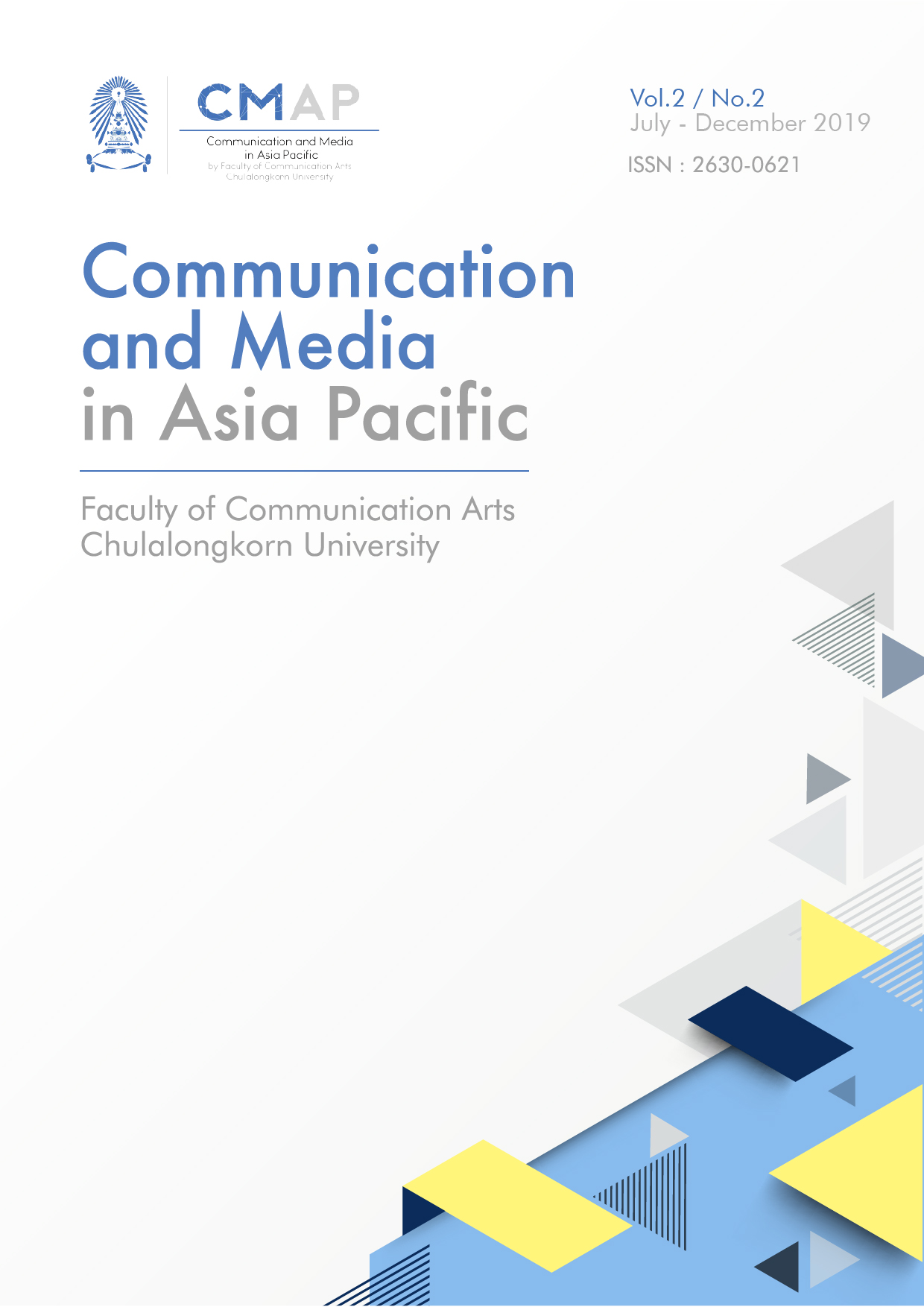The Growing Use of the Cinematic Medium as a Tool for Educating the Masses on Relevant Social Issues and Conventions
Main Article Content
Abstract
This paper explores how cinema, originally a medium of entertainment, has evolved over the course of the 20th and 21st-centuries into a potentially new vehicle for educating the masses on era-specific social issues and conventions. Because of its foundation as a tool for spreading easily-digestible social commentary, the development of cinema into an educational tool has been a topic of interest for several decades, dating back to the early 1900s and continuing well into the modern era. By examining the beginnings of how the general public and filmmakers came to perceive films as a possible method of education, one can better understand the current trajectory of cinema development for these purposes and the direction in which this development may be headed. Within the context of 21st-century society, the breadth of topics that will be explored include how cinema appeals to different social hierarchies, addresses modern social issues, explores unique moral and ethical questions, and overall stands as an additional, valid pedagogical field. Due to cinema’s easily-digestible nature and the ever-evolving methods that it is utilizing to convey information about these topics to consumers – especially modern-day adolescents and young adults in European countries – it is possible that it could be used to improve educational quality for future generations.
Article Details
References
through Movies: Improving teaching skills and fostering reflection among students and teachers. Journal for Learning through the Arts, 11(1), 1-17. doi: https://doi.org/10.21977/D911122357
Bolas, T. (2009). Screen Education: From Film Appreciation to Media Studies. Bristol, UK,Intellect Books.
British Film Institute. (2014). BFI Film Education Strategy, Impact, Relevance, and Excellence. Retrieved January 11, 2019, from https://www.bfi.org.uk/sites/bfi.org.uk/files/downloads/bfi-film-education-strategy-impact-relevance-and-excellence-2014-03.pdf
Carnegie Council. (2019). Ethics on Film. Retrieved January 11, 2019, from https://www.carnegiecouncil.org/education/002/film
Chattoo, C. Das, A. (2014). Assessing the Social Impact of Issues-Focused Documentaries:Research Methods & Future Considerations. Retrieved January 8, 2019, from https://cmsimpact.org/resource/assessing-the-social-impact-of-issues-focused-documentaries-research-methods-future-considerations/
Cotton, R. (1997). Movies and Morals. Retrieved January 6, 2019, from https://probe.org/movies-and-morals/
European Commission (2014). Literacy Country Profiles. Retrieved January 7, 2019, from https://ec.europa.eu/assets/eac/culture/library/studies/literacy-country-profiles_en.pdf
European Commission. (2015). The schools in Europe are not using films and audiovisual material to the full. Retrieved January 10, 2019, from https://ec.europa.eu/digital-single-market/en/news/schools-europe-are-not-using-films-and-audiovisual-material-full-concluded-eu-study
Giroux, H. A. (2008). Hollywood Film as Public Pedagogy: Education in the Crossfire. Afterimage: The Journal of Media Arts and Cultural Criticism, 35(5), 7-13. doi: 10.1525/aft.2008.35.5.7
Mohammed, J. (2010). Film and social change. Retrieved January 11, 2019, from https://www.culturewars.org.uk/index.php/site/article/film_and_social_change/
Morey, A. (2003). Hollywood Outsiders: The Adaptation of the Film Industry, 1913-1934.Minneapolis, MN, University of Minnesota Press.
Mumford, S. (2018). The Benefits of Film Education in Schools. Retrieved January 11, 2019, from https://weareive.org/the-benefits-of-film-education-in-schools/
Reeve, P. (2015). Supporting cultural education through film. Retrieved January 6, 2019, from https://www.artsmark.org.uk/blog/supporting-cultural-education-through-film
Sealey, K. S. (2008). Film, Politics, & Education: Cinematic Pedagogy Across the Disciplines. New York, NY, Peter Lang Publishing.
Semendeferi, I. (2014). Feelings and Ethics Education: The Film Dear Scientists. J Microbiol Biol Educ, 15(2), 100-102. doi: 10.1128/jmbe.v15i2.858
Smithikrai, C. (2016). Effectiveness of Teaching with Movies to Promote Positive Characteristics and Behaviors. Procedia – Social and Behavioral Sciences, 217, 522-530. doi: https://doi.org/10.1016/j.sbspro.2016.02.033


